As the seasons change and temperatures start to drop, ensuring the optimal performance of your gas heating system becomes paramount. In this informative article, we will be shedding light on the telltale signs that indicate it might be time to bid farewell to your old gas heater and welcome a new one into your space.
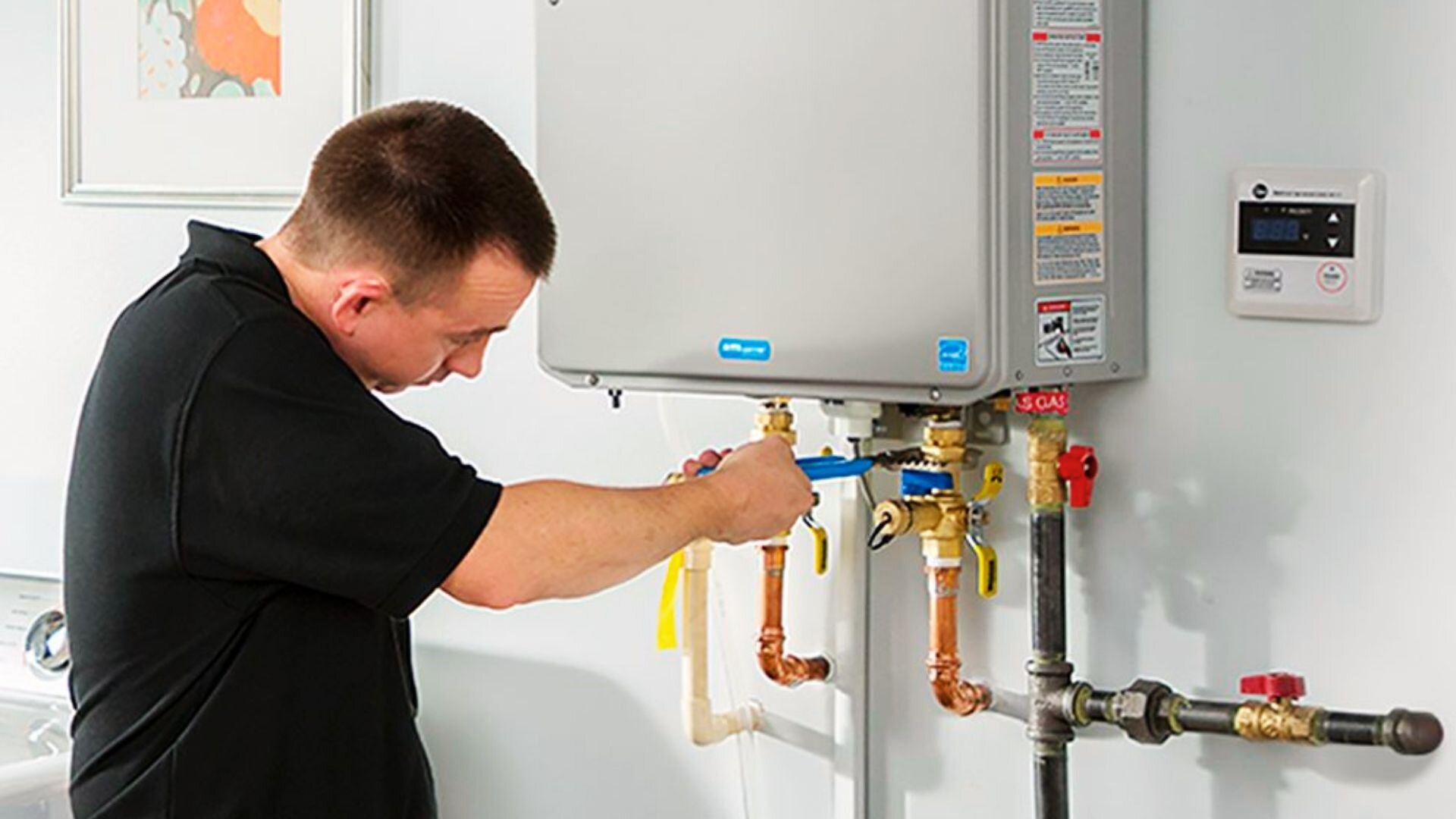
From efficiency concerns to potential safety hazards, recognising these signs will empower you to make informed decisions about your home’s heating, keeping you warm and secure throughout the year.
Is It Time to Replace Your Gas Heater?
Keeping your home warm during the chilly months is largely thanks to your gas heater. However, just like any other appliance, they don’t last forever and will need replacing at some point.
Wondering how to tell when it’s time for an upgrade? Here are the signs that hint it might be time to part ways with your trusty old gas heater and bring in a new one.
Age of the Heater
Gas heaters typically last 10-15 years. If your heater is approaching or has surpassed this age range, it’s a good idea to consider a replacement. Newer models are often more energy-efficient and come with advanced safety features.
Increasing Energy Bills
Noticed your energy bills creeping up without using extra power? It could be a signal that your gas heater isn’t running as efficiently as it used to. Older models tend to guzzle more energy to deliver the same warmth, which can hit your wallet hard in the long term.
Uneven Heating or Cold Spots
Feeling a chill in certain rooms while others are toasty? That patchy heating might mean your current heater isn’t spreading warmth evenly. A new gas heater can bring balanced and reliable heat across your home.
Frequent Repairs
Do you feel like you’re always on the phone with a technician for repairs? While occasional maintenance is fine, constant breakdowns suggest your heater might be nearing the end of its life. Replacing it can spare you from hefty repair costs down the line.
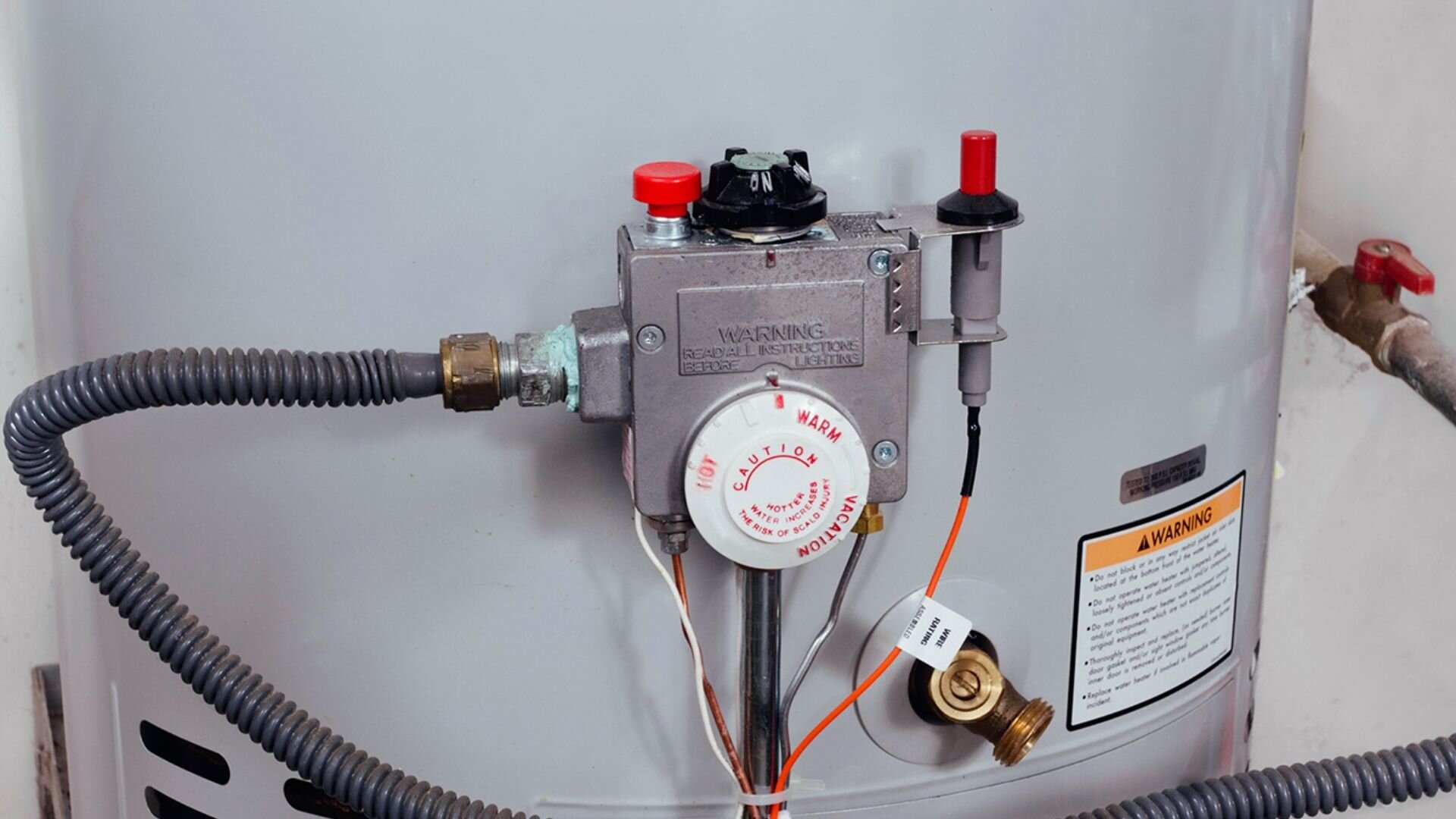
Yellow or Flickering Flames
A healthy gas flame with a small, steady yellow tip should be blue. If you notice larger, flickering yellow flames, it could be a sign of carbon monoxide leaks, which pose a serious safety risk. Replacing the heater and addressing the issue immediately is crucial for your family’s well-being.
Strange Noises or Odours
Is your gas heater making odd noises like banging or rattling, or emitting unusual smells? These things can hint at internal damage or even a gas leak. It’s best to get a licensed or registered gasfitter to check it out and consider a replacement if needed.
Safety Concerns
Unexpected symptoms such as nausea, dizziness, headaches, or burning eyes can signal carbon monoxide poisoning. It’s crucial to know that gas heaters produce carbon monoxide.
Normally, open-flued gas heaters or vents help vent out this silent danger. But if there’s a leak, it poses a significant risk to everyone at home, with natural gas presenting serious health hazards.
Outdated gas heaters need modern safety features like automatic shut-off mechanisms and a carbon monoxide detector. If your current heater doesn’t prioritise safety, it’s time to upgrade to a model that adheres to the latest safety standards.
Common Signs of a Failing Gas Heater
Being attuned to the signs of a failing gas heater is crucial for your comfort and safety. If you notice any of these indicators, consider a gas heater replacement. First, pay attention to the age of your heater.
Gas heaters typically have a lifespan of around 10-15 years, and their efficiency can decline as they age. Second, keep an eye on your energy bills. A sudden spike in your bill without a change in usage patterns could signal decreased efficiency.
Third, if your home has uneven heating or cold spots, your heater might no longer distribute heat effectively. Frequent repairs, especially those that become increasingly costly, are another red flag.
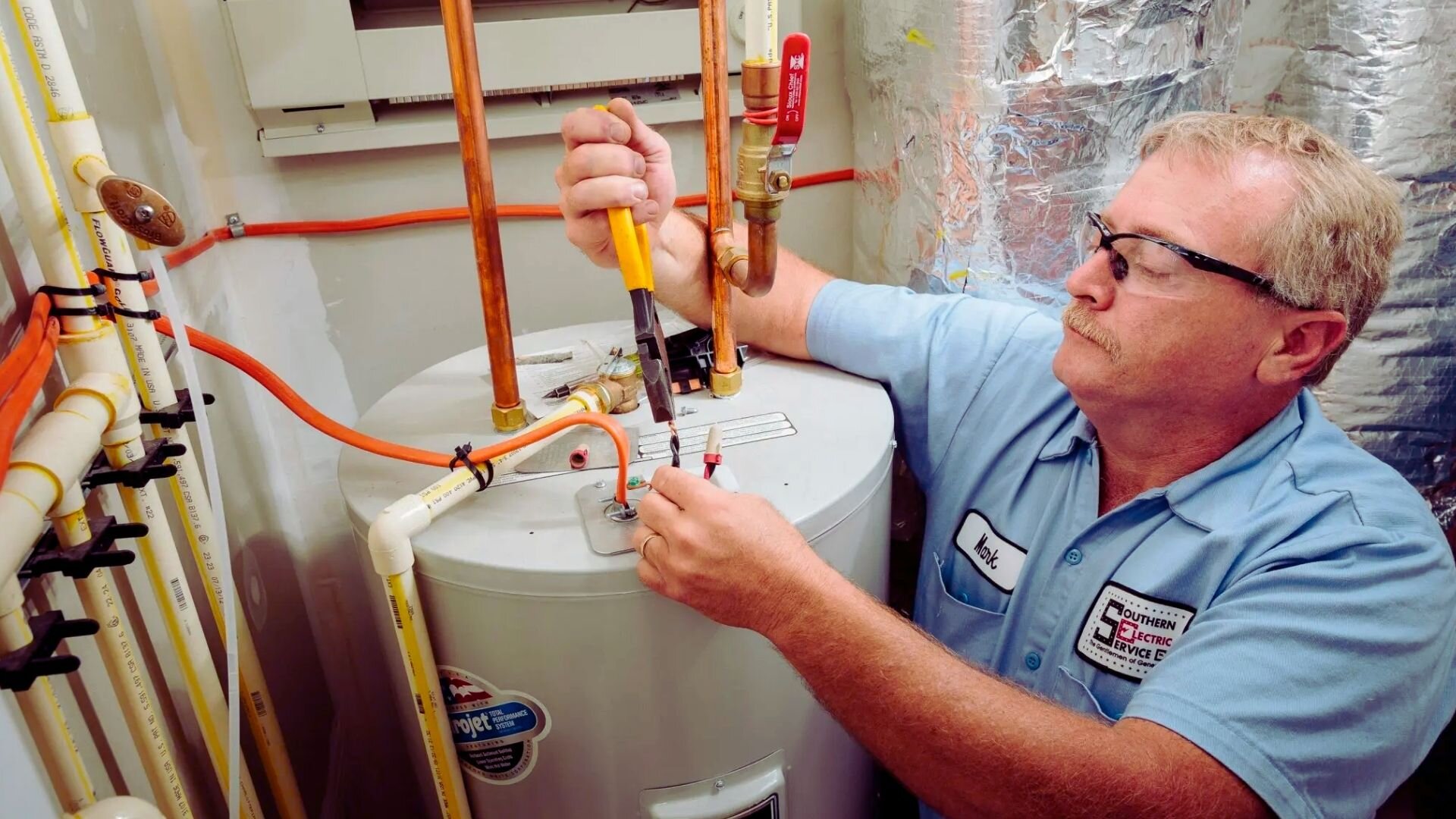
Additionally, watch for changes in the appearance of the gas flame. A healthy flame should be blue with a small, steady yellow tip. Larger, flickering yellow flames could indicate a carbon monoxide leak, a serious safety concern.
Lastly, strange noises, unusual odours, or the absence of modern safety features are all signs that your gas heater may be failing. Staying vigilant for these signs ensures that your gas-ducted heating system remains efficient and safe, providing comfort for you and your family.
Benefits of Upgrading Your Gas Heater
Upgrading your gas heater safely goes beyond mere necessity – it brings an array of advantages that enhance your home environment. First and foremost, modern gas heaters are designed with heightened energy efficiency, translating to lower utility bills and reduced environmental impact.
With innovative technologies, newer models distribute heat evenly, eliminating cold spots and ensuring consistent comfort throughout your space. The assurance of reliable performance is another perk, as frequent breakdowns and repairs become a thing of the past.
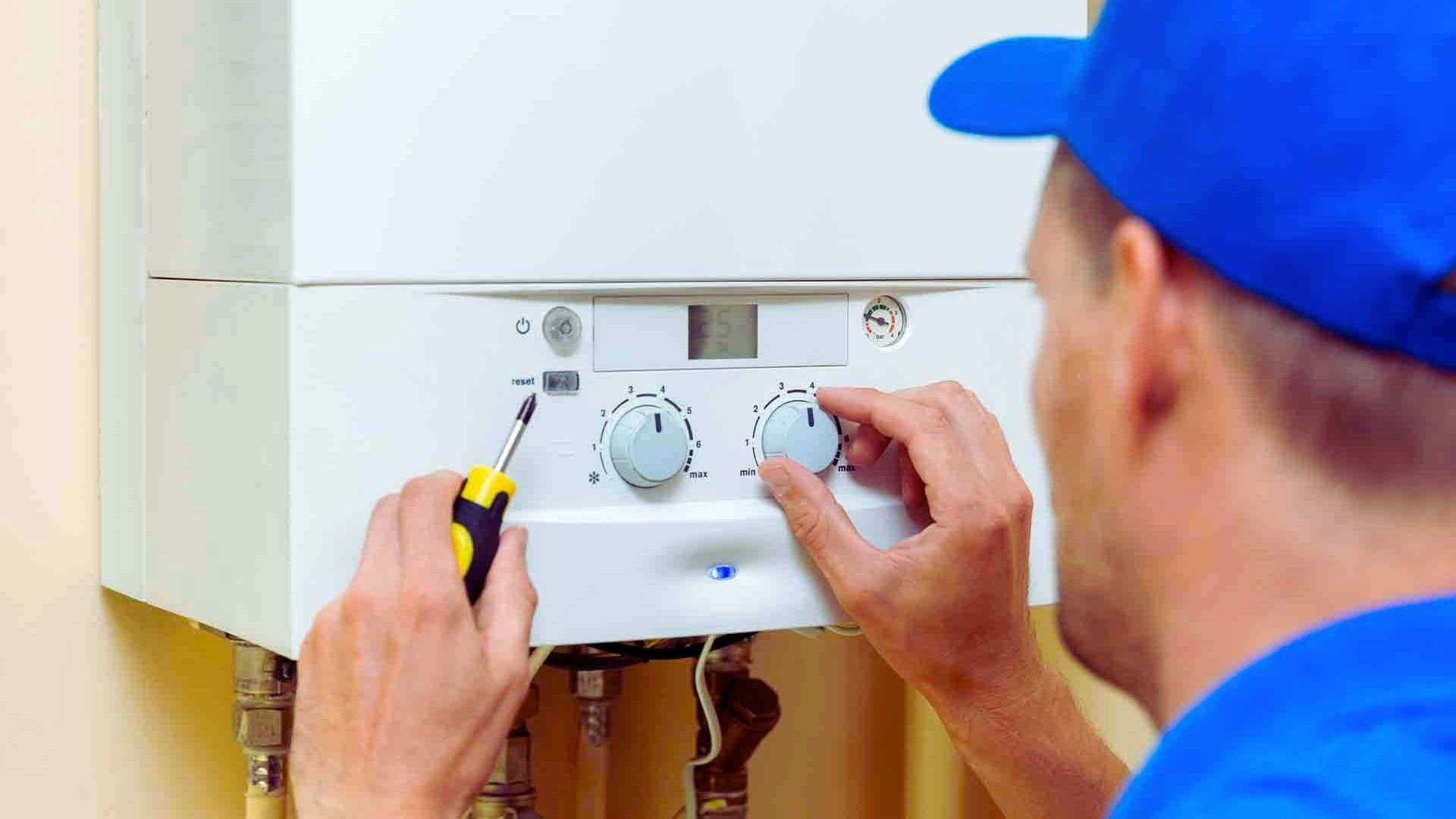
Safety receives a significant boost, too, with advanced features like automatic shut-off mechanisms and carbon monoxide poisoning detectors safeguarding your family. In addition, upgrading allows you to align with current safety standards, granting you peace of mind.
Beyond functionality, the aesthetics of modern gas heaters can elevate your interior decor. With sleek designs and compact builds, they seamlessly integrate into your living space. In essence, upgrading your faulty gas heater isn’t just an investment in warmth, efficiency, safety, and an overall enhanced home experience.
Choosing the Right Gas Heater Replacement
Choosing the right gas heater replacement requires careful consideration to ensure optimal comfort and efficiency for your home. Begin by assessing the gas heating capacity you need – the size of your space and insulation levels play a role in determining the heater’s output.
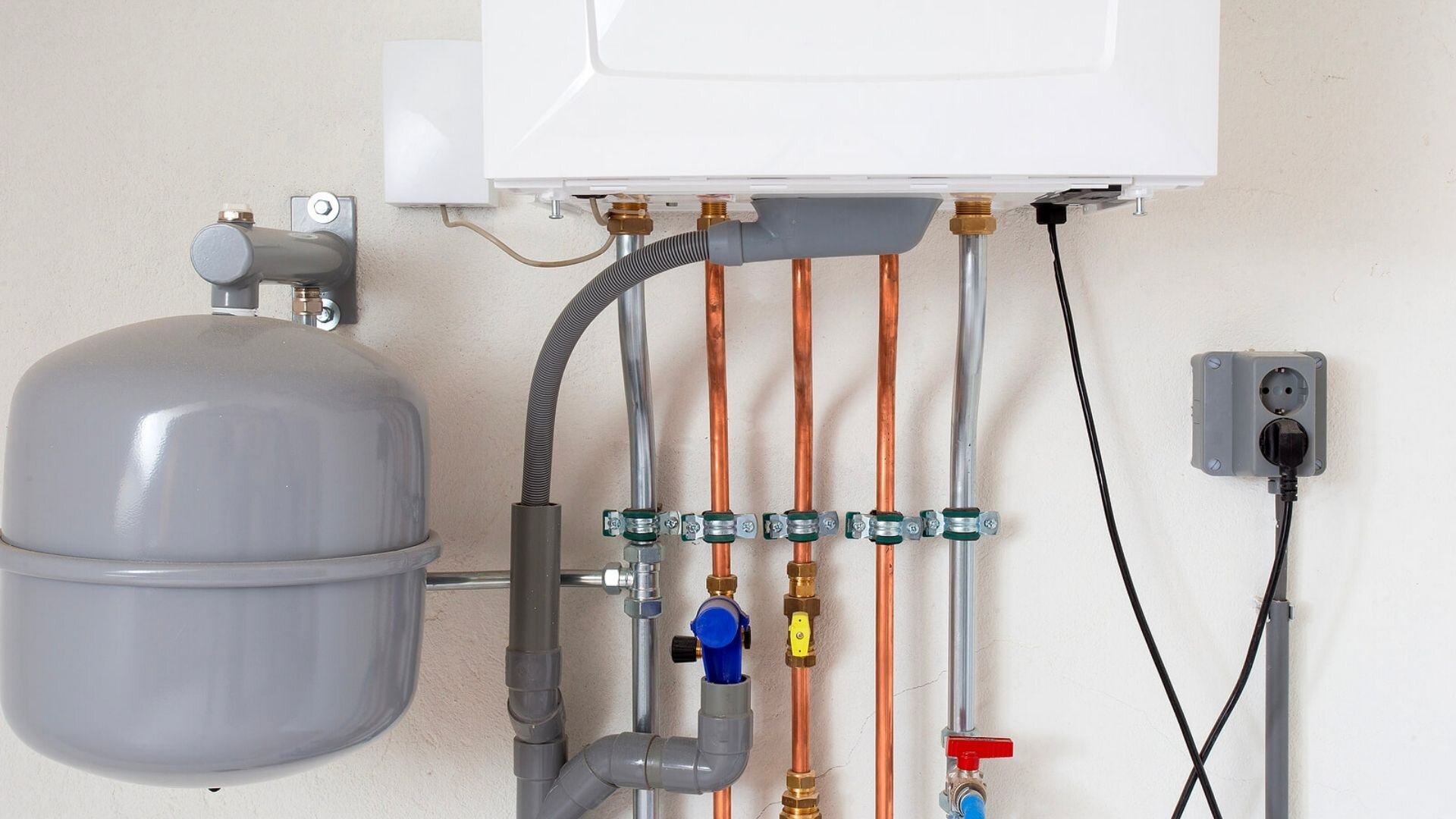
Consider the type of ignition system you prefer; newer models offer electronic ignition, which saves energy compared to pilot lights. Safety features like oxygen depletion sensors and tip-over switches are essential and provide peace of mind.
Noise levels may matter, especially if the heater will be placed in a bedroom or living area. Finally, explore additional features like programmable thermostats and remote controls for convenience.
By evaluating these factors, you can choose a replacement gas heater that aligns perfectly with your home’s needs and preferences.
Enhancing Energy Efficiency in Heating
Enhancing energy efficiency in heating emerges as a crucial goal as we pursue a greener and more cost-effective home. The foundation lies in proper insulation, ensuring your living spaces retain consistent warmth efficiently.
Regular heating system maintenance is essential; clean filters, vents, and ducts enable your system to operate at its best. Embracing programmable thermostats empowers precise desired temperature control, reducing energy waste when you’re away.
Sealing gaps around doors, windows, and vents prevent heat leakage. Consider the sun’s natural warmth—keep curtains open during the day and close them at night to retain heat.
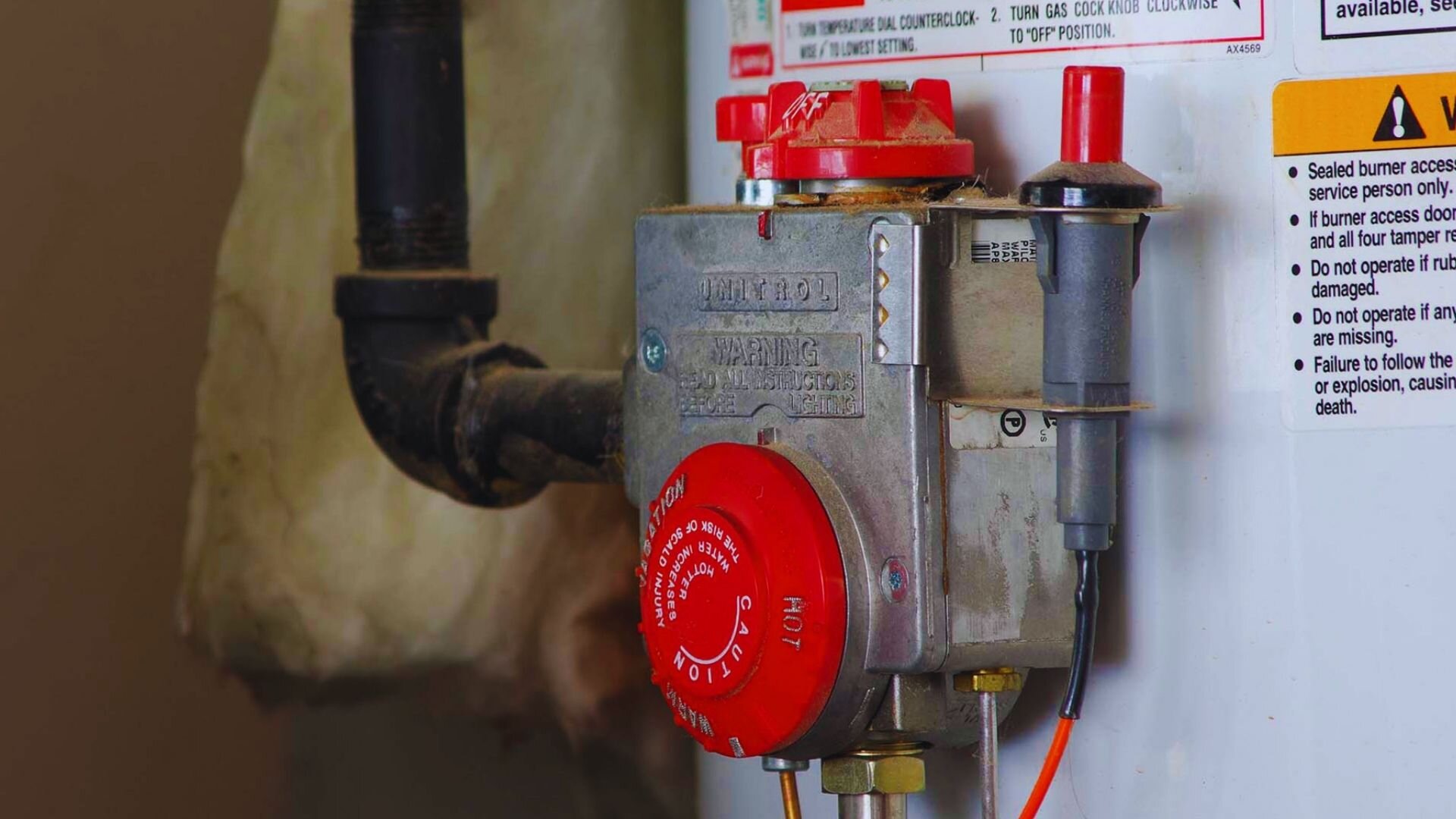
Reflective panels placed behind radiators also amplify heat distribution. Exploring renewable options like solar heating or geothermal heating systems can drastically minimise your carbon monoxide footprint.
Above all, choosing energy-efficient home heating gas appliances, such as gas heating units with high AFUE ratings, proves pivotal. These practices will curtail energy expenses and contribute to a more sustainable future.
Reach Out to Fixed Today Plumbing
Being attuned to the signs that your gas heater needs replacing is not just about maintaining a warm home but also ensuring the safety and efficiency of your living space. Whether it’s increasing energy bills, uneven heating, or the age of your heater surpassing its prime, these indicators offer valuable insights.
If you resonate with any of these signs, consider a replacement. At Fixed Today, we’re here to assist you in making this important decision. Our team of qualified gasfitter specialists is dedicated to ensuring your home remains comfortable, secure, and energy-efficient.
Don’t hesitate to reach out to us for professional guidance and to explore the latest options in gas heater technology. Your home’s warmth and your family’s comfort are our top priorities. Contact us today to embark on the journey towards a cozier and more efficient living environment.














